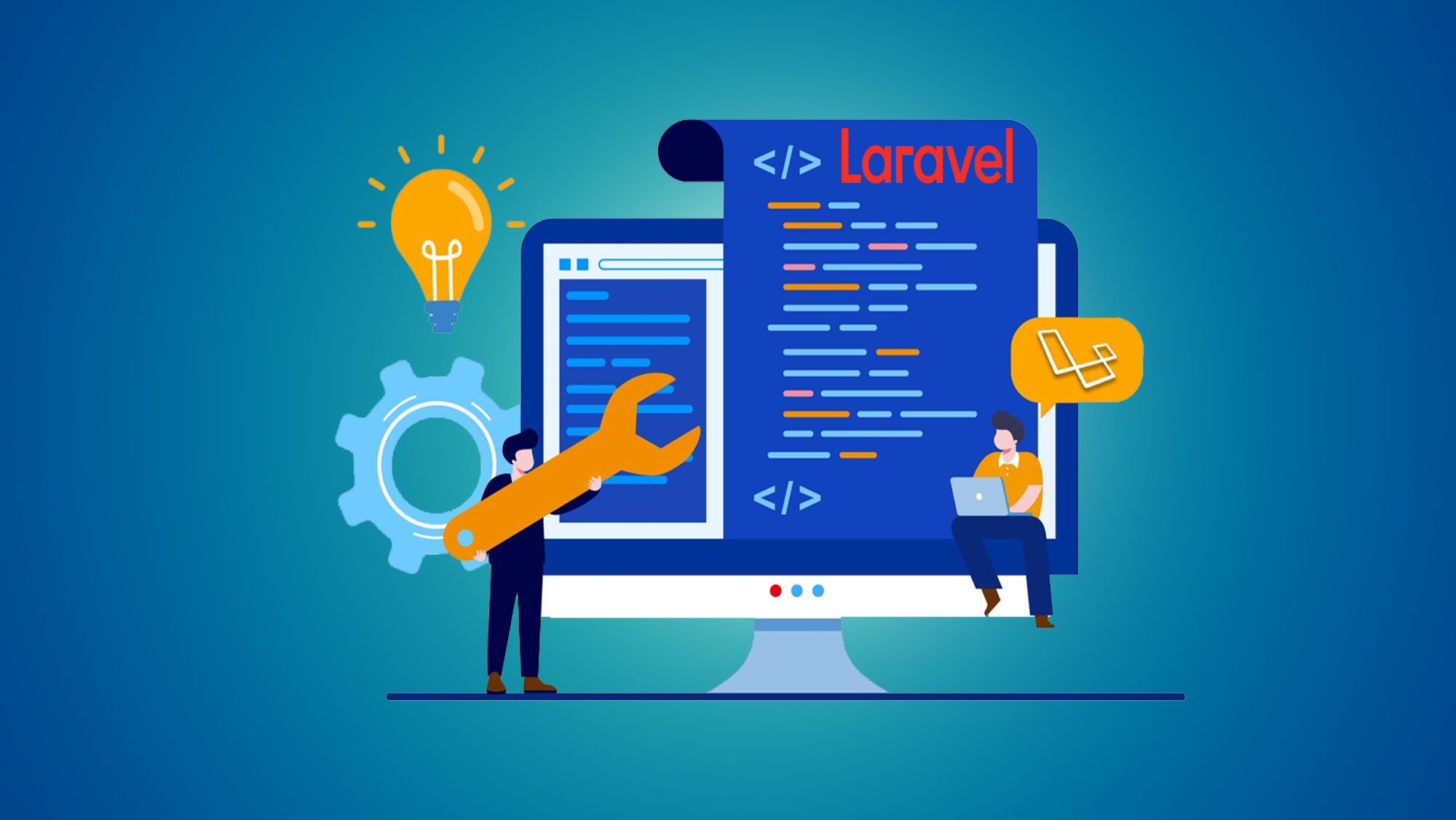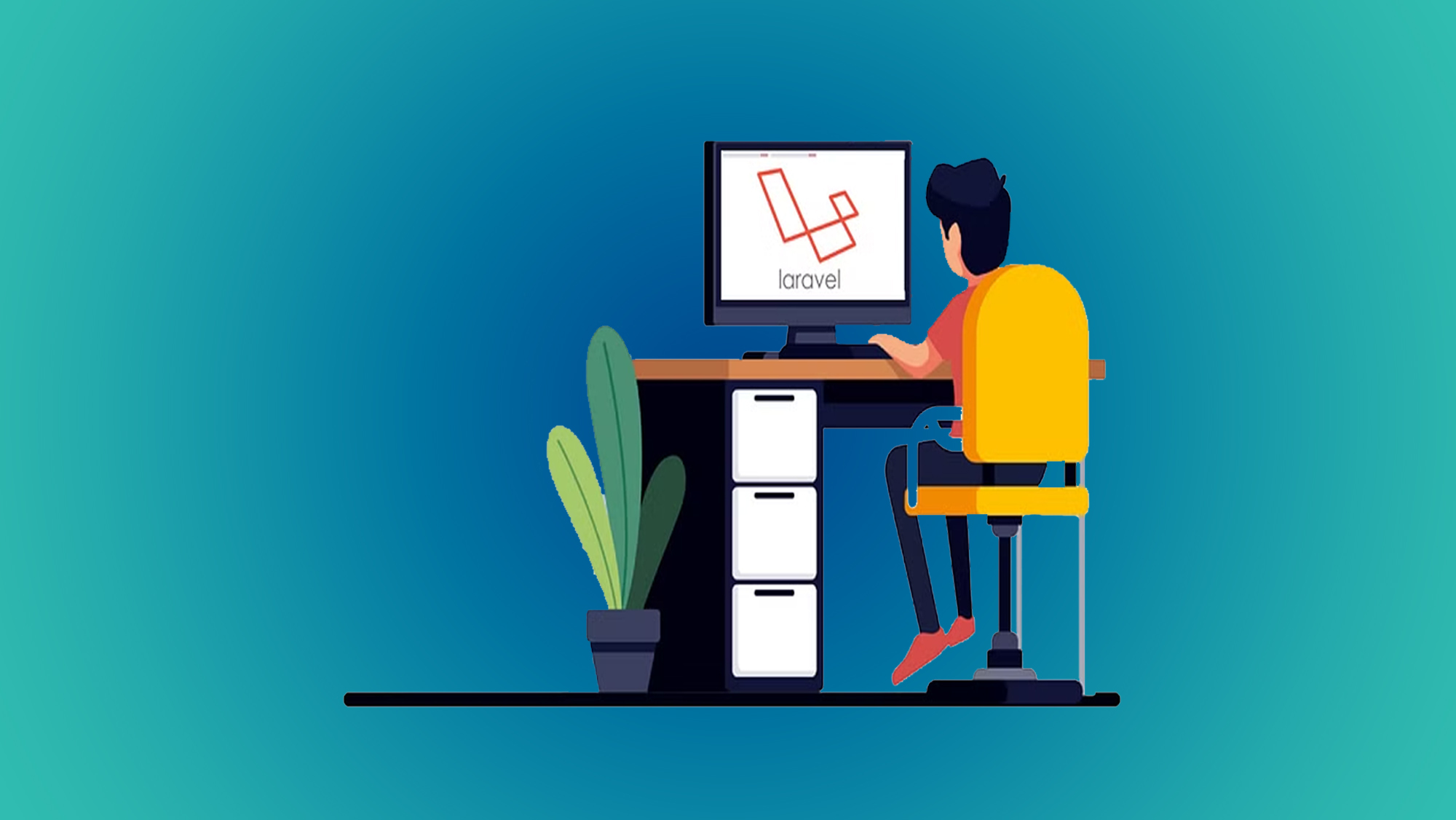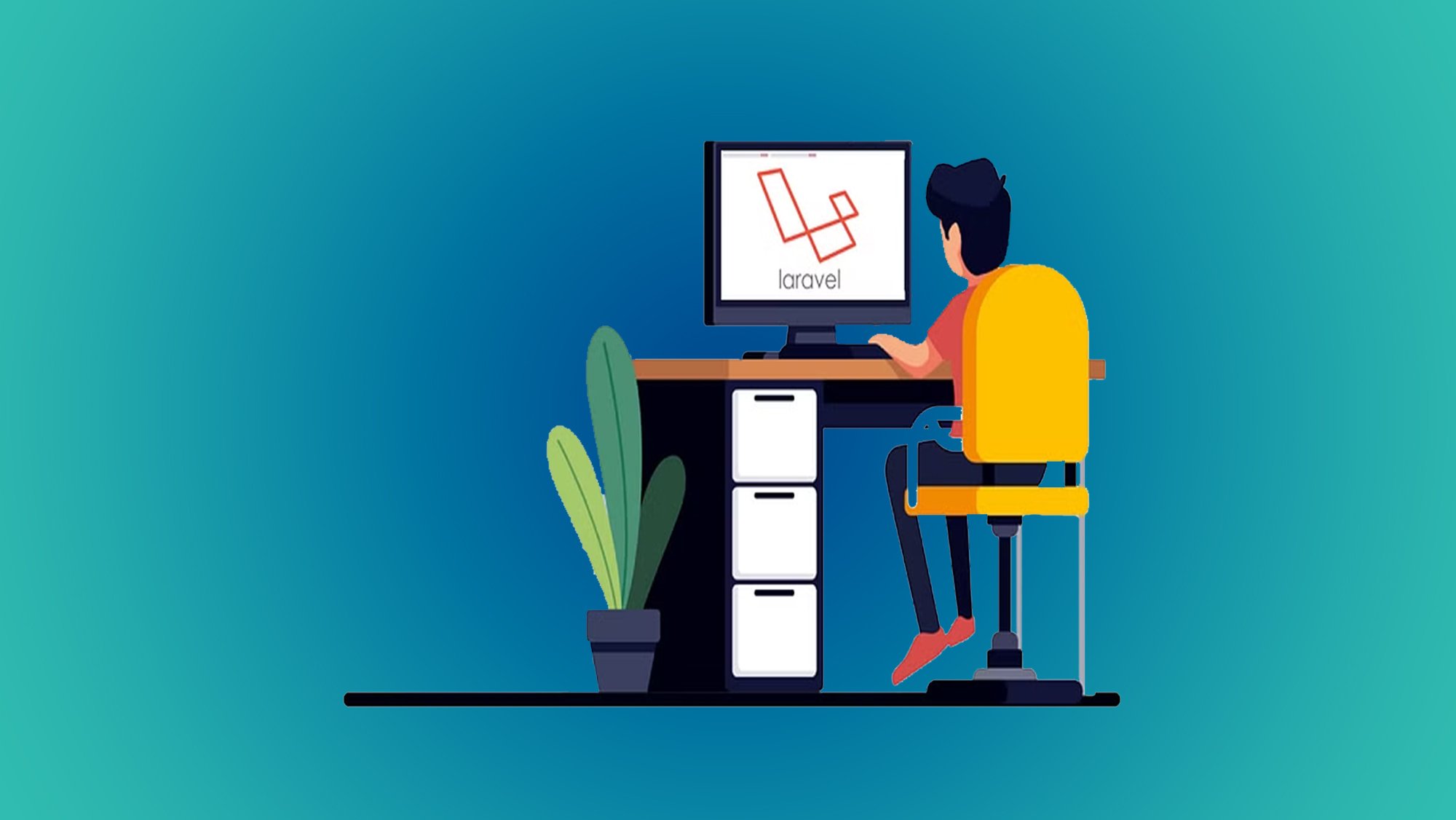Laravel Unleashed: Exploring the Power of the PHP Framework
Introduction:
Laravel has become a dominant force in the realm of PHP frameworks, revolutionizing web development practices. This blog explores the power of Laravel, diving into its key features and capabilities that make it an exceptional choice for developers. By unraveling the potential of Laravel, we aim to showcase how this PHP framework empowers developers to build robust and scalable web applications.
1. Elegant Syntax and Developer-Friendly Approach:
Laravel's elegant syntax and developer-friendly approach set it apart from other PHP frameworks. It embraces expressive and readable code, making development tasks more enjoyable and efficient. Learn how Laravel simplifies complex operations through concise and intuitive syntax, enhancing productivity and code maintainability.
2. MVC Architecture for Organized Development:
Laravel follows the Model-View-Controller (MVC) architectural pattern, providing a structured approach to web application development. Explore how MVC separation streamlines code organization, enhances maintainability, and facilitates collaboration among team members. Learn how Laravel's MVC architecture promotes a clear separation of concerns and allows developers to work on different aspects of the application simultaneously.
3. Powerful ORM with Eloquent:
Laravel's Eloquent ORM (Object-Relational Mapping) offers a seamless database interaction experience. Discover how Eloquent simplifies database operations with its expressive syntax and powerful querying capabilities. Learn how to define relationships between database tables, perform CRUD (Create, Read, Update, Delete) operations, and leverage advanced features like eager loading and query scopes.
4. Robust Routing and Middleware System:
Laravel provides a robust routing system that enables developers to define clean and concise routes for their application. Dive into Laravel's routing capabilities, including route parameters, route grouping, and resourceful routing. Explore how middleware allows for filtering and modifying incoming HTTP requests, enabling developers to implement authentication, authorization, and other cross-cutting concerns.
5. Blade Templating Engine for Dynamic Views:
Laravel's Blade templating engine offers a powerful tool for creating dynamic and reusable views. Discover Blade's syntax and features, including layout inheritance, conditional statements, loops, and reusable components. Explore how Blade templates allow developers to create modular and maintainable views, resulting in cleaner and more readable code.
6. Robust Security Features:
Laravel prioritizes application security, providing features like CSRF (Cross-Site Request Forgery) protection, secure authentication, and authorization mechanisms. Learn how to implement secure user authentication, handle user permissions and roles, and protect against common security vulnerabilities.
7. Testing and Debugging:
Ensure code quality and reliability through Laravel's testing and debugging capabilities. Discover Laravel's testing framework and learn how to write unit tests, integration tests, and feature tests to validate the functionality of your application. Explore Laravel's debugging tools to identify and fix issues efficiently.
Conclusion:
Laravel stands as a powerful PHP framework, unleashing the potential for developers to build robust and scalable web applications. By delving into Laravel's elegant syntax, MVC architecture, powerful ORM (Eloquent), routing system, Blade templating engine, security features, and testing capabilities, developers can harness the full power of Laravel to create exceptional web applications. Embrace Laravel's vast ecosystem and continually explore its evolving features and best practices to further elevate your web development skills.
You May Also Like
These Related Stories

Mastering Laravel: Essential Tips for Successful Web Development

Everything You Need to Know About Laravel Training




No Comments Yet
Let us know what you think